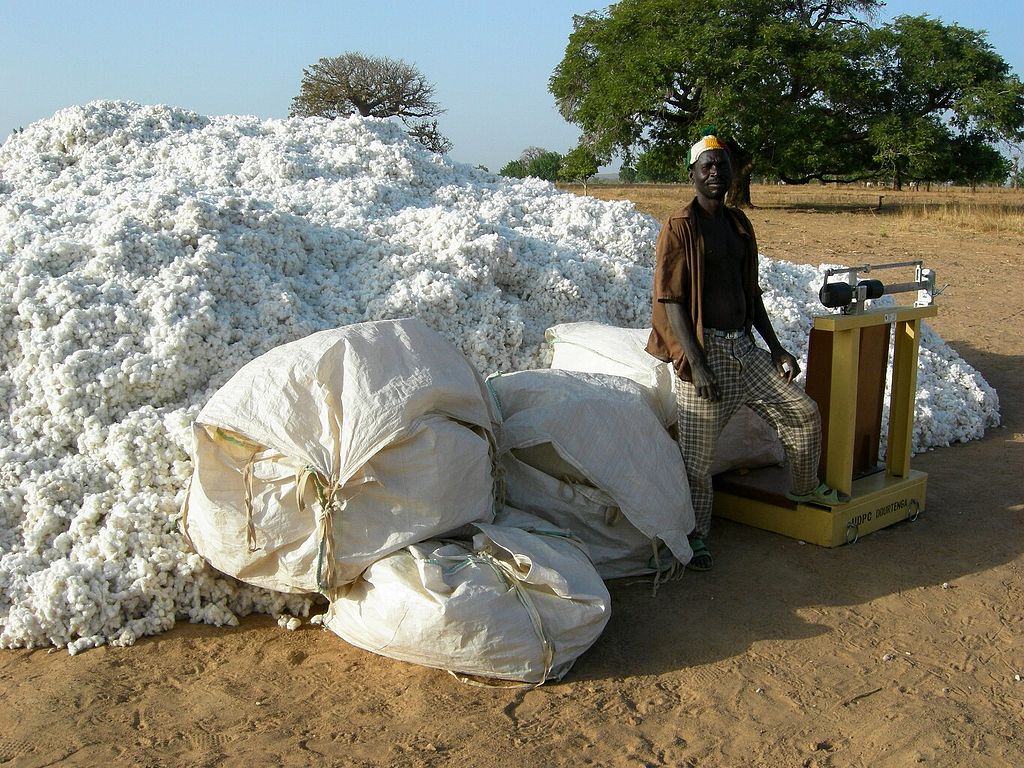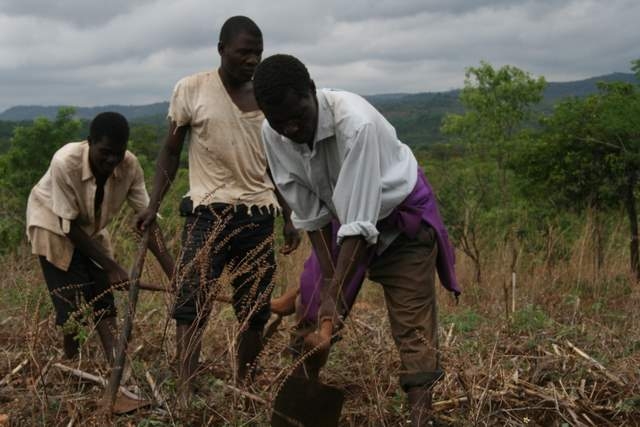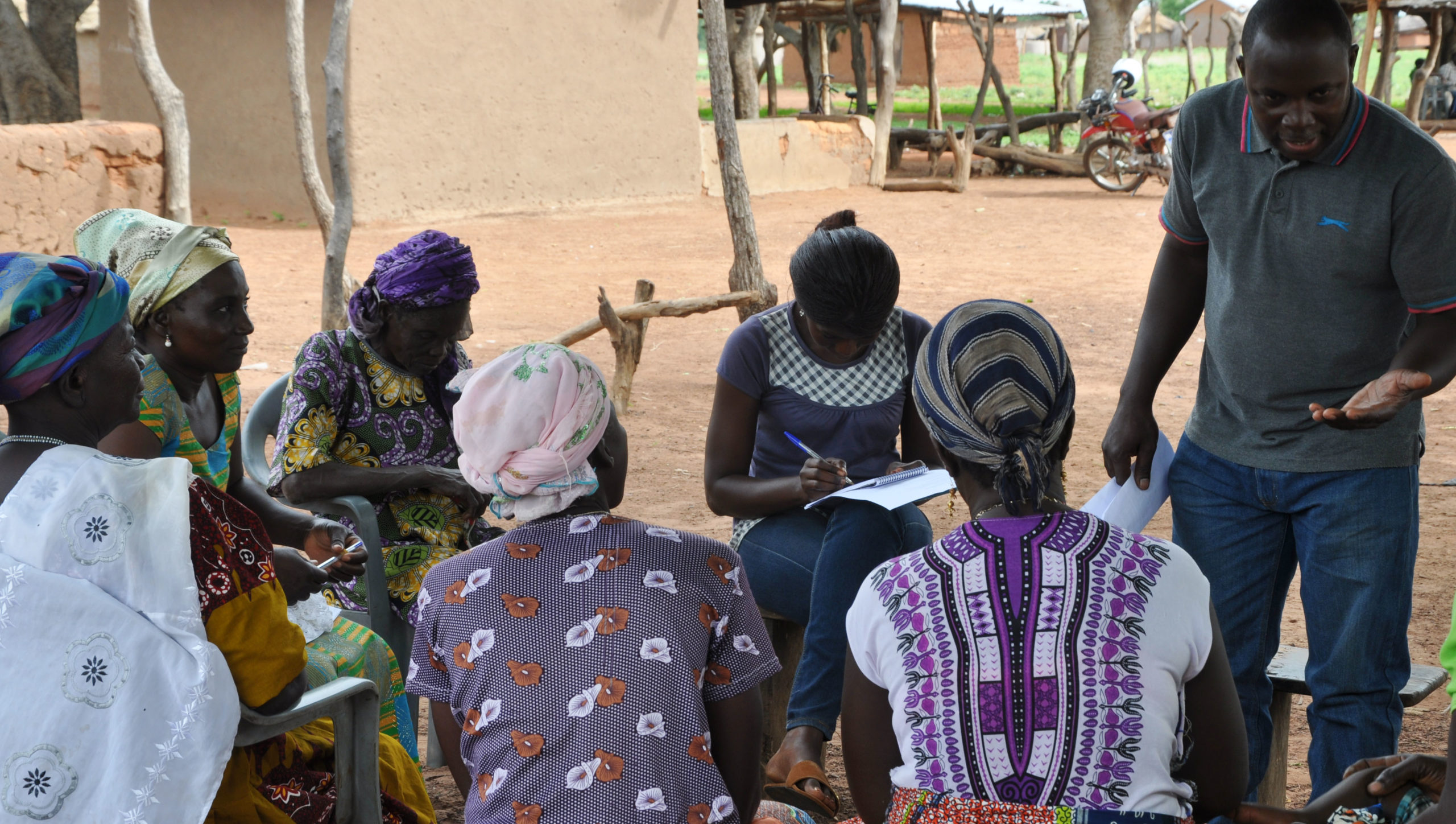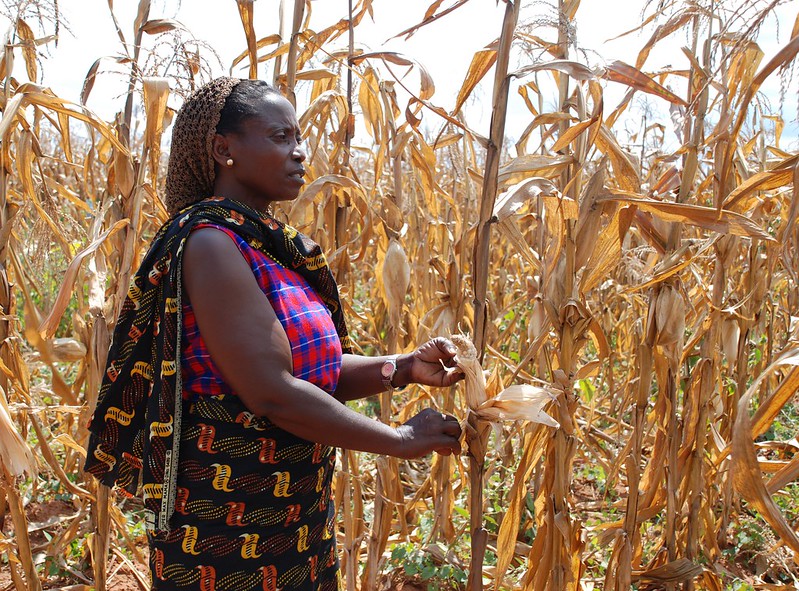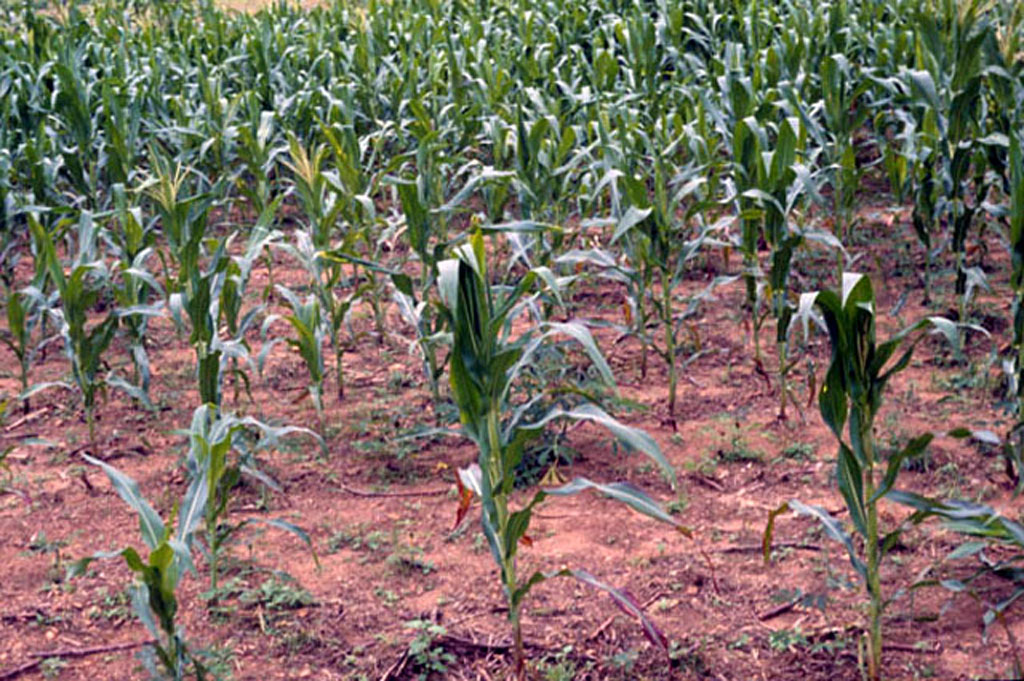
Using a Whole-farm modelling approach to assess changes in farming systems with the use of mechanization tools and the adoption of high yielding maize varieties under uncertainty in Northern Benin
This study examines the effects of high-yielding maize varieties and the use of machineries on the production, income, crop mixtures, and demand for production resources in two farms and farm household typologies in the northern cotton growing belt of Benin Republic.




